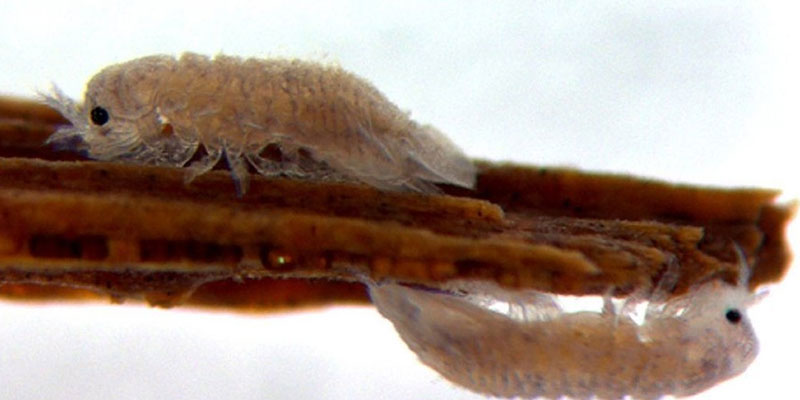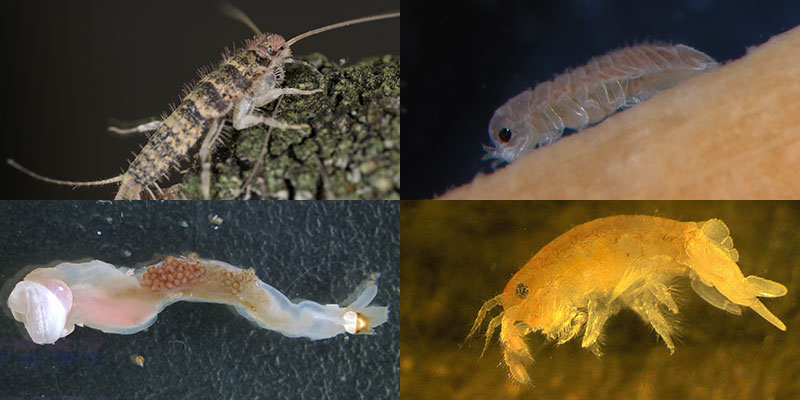
Mining marine and terrestrial environments for lignocellulose degrading enzymes
Context
As concerns about the environmental impact resulting from the use of fossil fuels increases, there is an urgent need to develop 'biorefineries' to generate biofuels and manufacture polymers, pharmaceuticals and commodity chemicals from plant feedstocks.
The long-term success of biorefining is dependent on the development of economical methods for processing plant biomass to exploit the energy-rich polysaccharides in cellulose for fermentation. While the efficient degradation of lignocellulose remains a problem for industry, it is carried out effectively in the natural environment by microbial communities and animals.
The major challenge in identifying the range of enzymes and other proteins during lignocellulose digestion by these organisms lies in the complexity of the process itself.
The research
Our research is focused on discovering new lignocellulose degrading enzymes and associated proteins using multi-omics approaches, combining the power of proteomics, transcriptomics and genomics, to identify proteins critical for lignocellulose deconstruction from microbial communities and animals.
This approach allows us to identify new types of lignocellulose active proteins, both broadening our fundamental understanding of this process, as well as providing novel activities for research and industrial applications.
Contact us
Centre for Novel Agricultural Products
cnap@york.ac.uk
+44 (0)1904 328776
Department of Biology,
University of York,
Wentworth Way,
York
YO10 5DD
Invertebrate wood digestive systems
This project builds on our previous work on the digestive systems of wood-boring and litter-feeding invertebrates.

Top left to bottom right: Firebrat, Limnoria, Shipworm, Chelura
Featured researcher

Neil Bruce
Professor Bruce's expertise is environmental biotechnology, biocatalysis, and biorefining.
Contact us
Centre for Novel Agricultural Products
cnap@york.ac.uk
+44 (0)1904 328776
Department of Biology,
University of York,
Wentworth Way,
York
YO10 5DD